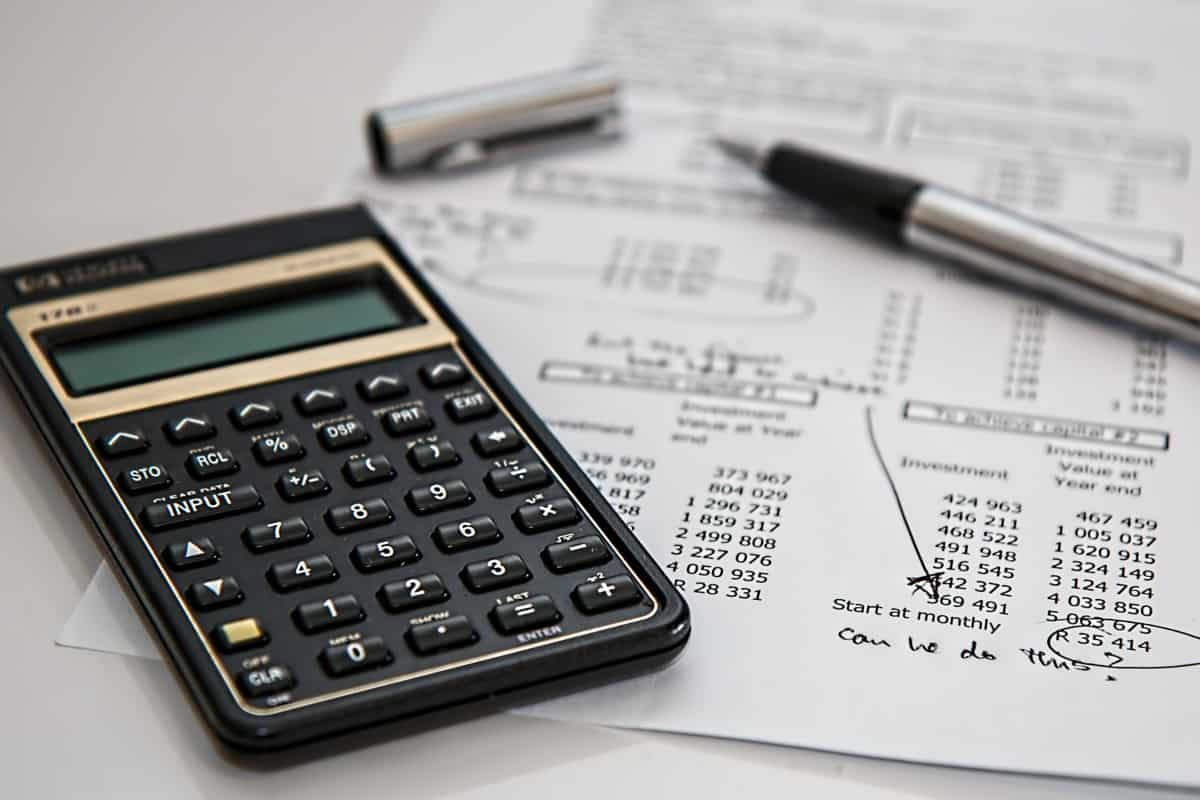Majella is a Legal Tech Intern at Lawpath. Majella has a Bachelor of Laws and a Bachelor of Arts at Macquarie University. With a keen interest in IT & IP law, Majella is passionate about integrating technology and the law, making legals more affordable and accessible to start-up businesses.
One of the most common concerns for people facing bankruptcy is the impact it might have on their future, especially on their superannuation. The idea of creditors taking your hard-earned retirement funds might send shivers down your spine, so let’s see what happens to your superannuation during bankruptcy.
What is Bankruptcy?
Bankruptcy is one option for an individual who is drowning in debt and has no clear way out. It can be voluntary or initiated by a creditor.
Declaring bankruptcy can be a fresh start as many debts will be cleared. However, it can also have real and serious consequences.
Click here to read more about what happens when you declare bankruptcy.
What assets are divisible amongst creditors?
Declaring bankruptcy involves handing over control of assets and finances to a trustee. Usually, the trustee will divide and sell your assets in order to settle the debts you owe to creditors.
Your assets are either divisible or protected. The Bankruptcy Act 1966 sets out which assets are divisible and which assets are protected.
The divisible assets controlled by your trustee include:
- Real property owned by you (i.e. real estate);
- Cash or money in your bank account;
- Any prizes or lottery winnings that you receive during bankruptcy.
Protected assets include:
- Ordinary household items (i.e. furniture and appliances);
- Vehicle;
- Protected payments, e.g. some superannuation funds, insurance policies and compensation for personal injury.
How do I protect my superannuation in bankruptcy?
The question of what happens to your superannuation during bankruptcy is not always black and white. As mentioned above, your superannuation will be deemed ‘protected’ in certain situations. This means it will not be available to your bankruptcy trustee.
Superannuation is considered ‘protected’ in the following scenarios:
- The superannuation funds are in a regulated fund.
- The superannuation funds have accumulated through regular payments and contributions over time. (That is to say, you can not make contributions into your superannuation fund prior to bankruptcy for the main purpose of avoiding creditors.)
- The superannuation funds withdrawn after bankruptcy as a lump sum. Click here to read more about early access to superannuation.
- Any assets you purchase with the funds withdrawn from superannuation as a lump sum after bankruptcy. E.g. a house or car.
When is my superannuation at risk?
You need to be careful with handling your superannuation, as there are certain things you might do which could put your retirement funds at risk.
Superannuation is considered divisible property in the following scenarios:
- The superannuation funds are in an unregulated fund or a self-managed super fund.
- A contribution was made at the time of insolvency, for the main purpose of keeping the asset from creditors.
- Any funds withdrawn from superannuation before bankruptcy. This includes funds taken out as a lump sum and as a pension.
- Any assets you purchase with funds withdrawn from superannuation before bankruptcy. E.g. a house.
- A pension paid by your superannuation after bankruptcy will be subject to income assessment. If the income is over a set amount, you will need to make compulsory payments.
Has the Coronavirus Economic Response Package impacted people who are bankrupt?
- There has been no change to how early access to superannuation is treated in bankruptcy. Even where early access has occurred through the Coronavirus Economic Response Package.
- After declaring bankruptcy, you can access superannuation early through the Coronavirus Economic Response Package.
- Economic support payments are NOT claimable by the trustee.
- The COVID-19 supplement payments are claimable by the trustee if you receive them prior to the date of bankruptcy and they remain in your bank account at the time of bankruptcy.
Declaring bankruptcy has serious repercussions for you now and in the future. Deciding whether to go into bankruptcy can be overwhelming and you will want to make sure your superannuation is protected. It can be helpful to speak to somebody about your options. Click here to find a bankruptcy lawyer who can help you through the process.






